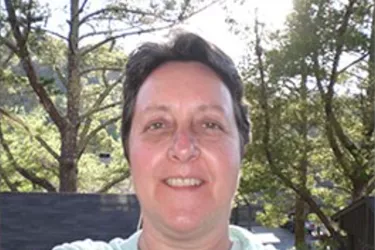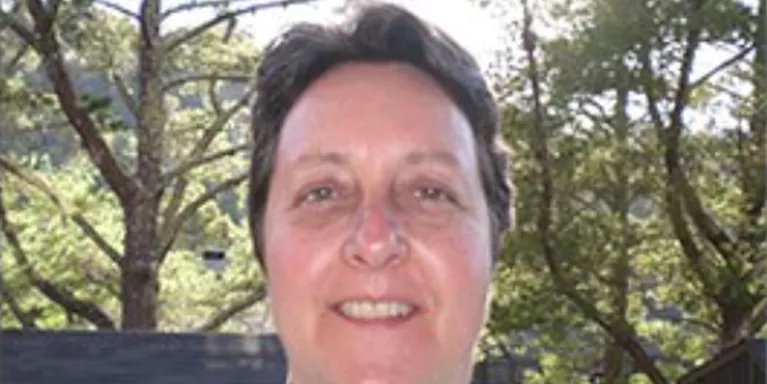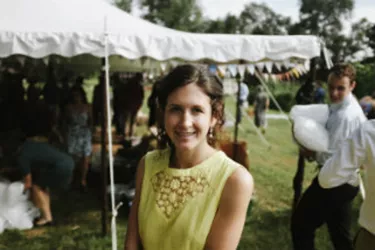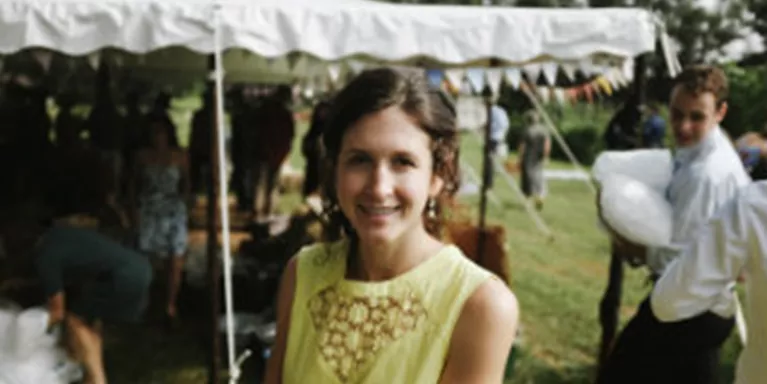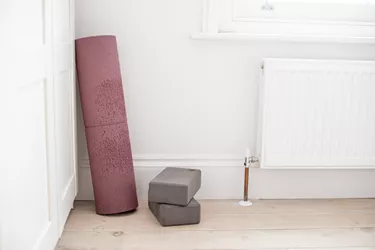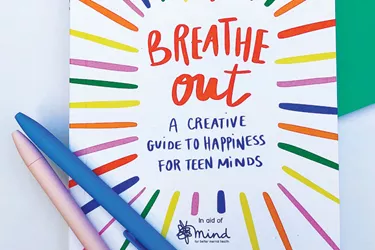How a mindfulness retreat helped me
Vivian blogs about how practicing mindfulness has helped with her schizoaffective disorder.
I went on the 21-day retreat in the summer of 2014. It was my first in the tradition of Thich Nhat Hanh (a Vietnamese Buddhist monk and peace activist) — we call him, “Thay,” for short--in a long time. I had just returned to his community, after six years away. Just walking into my first sangha meeting in all that time, I felt relief, because of the energy of mindfulness created over the years there. I regretted ever having left in the first place.
"I found such peace, joy, stability, and equanimity on this retreat."
I found such peace, joy, stability, and equanimity on this retreat. I was able to attend only the first and third week of the retreat—and I was so glad I did. Mindfulness has alleviated much of my suffering. Both my beloved parents were gone, as Dad died in early 2013 of dementia, and Mom died of breast cancer in late 2009, the day before he turned 90. I loved them both, but I was particularly close to Mom. The subject of this retreat, “What Happens When We Die?” appealed to me a great deal. The practice of breathing in and out mindfully has helped me so much to dispel my worries, anxieties, anger, and fears.
"When I practiced Deep Relaxation, sending love to my body parts, one at a time, I did eventually fall asleep."
The night I returned for the third week on the retreat, I could not sleep, because I felt so upset with what was happening inside me. I actually thought about packing up and going back home—or going to the ER—but I did not. And when I finally practiced Deep Relaxation, sending love to my body parts, one at a time, I did eventually fall asleep, and I slept better after that. The next day, I told my friends what had happened, and they encouraged me to stay and practice with them. I am so glad they did.
With their help, I transformed in a few days. I do want to say that I also am in therapy and see a psychiatrist. But I was truly grateful to my fellow sangha members. The collective energy we had inspired us to be diligent. The mindfulness generated was multiplied with a group of people practicing together. We experienced such cooperation amongst ourselves us, too, in that we co-created this retreat together, doing all the cooking, cleaning, and so on. I deeply appreciate how inclusive the spirit of the sangha is, too, especially since I have a schizoaffective disorder.
One day, I led walking meditation outdoors for the first time ever, and it turned out to be a great practice for me. I appreciated the patience of the sangha (the community), which would stop often with me, so I could rest my hip, which hurt me. The mindfulness generated from leading that walk then infused my working meditation. I got advice from a nun, once, to take it slow and enjoy myself, during working meditation. I remembered that, intuitively, and I did so. I would stop and take a few breaths, if I felt tired. Every step I took was mindful, just naturally. I did not rush. At lunch, too, I ate more mindfully, without trying. I’d look out the window at the beautiful trees and really feel myself to be an integral part of the cosmos. When I invited the mindfulness bell, I had internalized Thay’s teaching from a dharma talk earlier about breathing mindfully three times and then some between every sound. I recited, in my head, a Gatha, a poem, to go along with it.
"I made some mistakes on that retreat, but everyone was most kind, forgiving, and accepting of me."
I made some mistakes on that retreat, but everyone was most kind, forgiving, and accepting of me, for which I was very grateful. One of us said we were “flowing like a river.” We were deep in that river, and it was a miracle. I have said it repeatedly—I wish I could live in a practice center. Since then, the Sugarplum Sangha has arisen at Mariposa, and some of us in it already live there, practicing diligently. I hope to join them, some day, maybe.
I will never forget one day, when we were doing sitting meditation, facing out in the yurt, and I could see the trees in the morning sun through the windows. I had such a blissful feeling, I felt so present in the moment. I felt this is what life is about


Information and support
When you’re living with a mental health problem, or supporting someone who is, having access to the right information - about a condition, treatment options, or practical issues - is vital. Visit our information pages to find out more.
Share your story with others
Blogs and stories can show that people with mental health problems are cared about, understood and listened to. We can use it to challenge the status quo and change attitudes.










